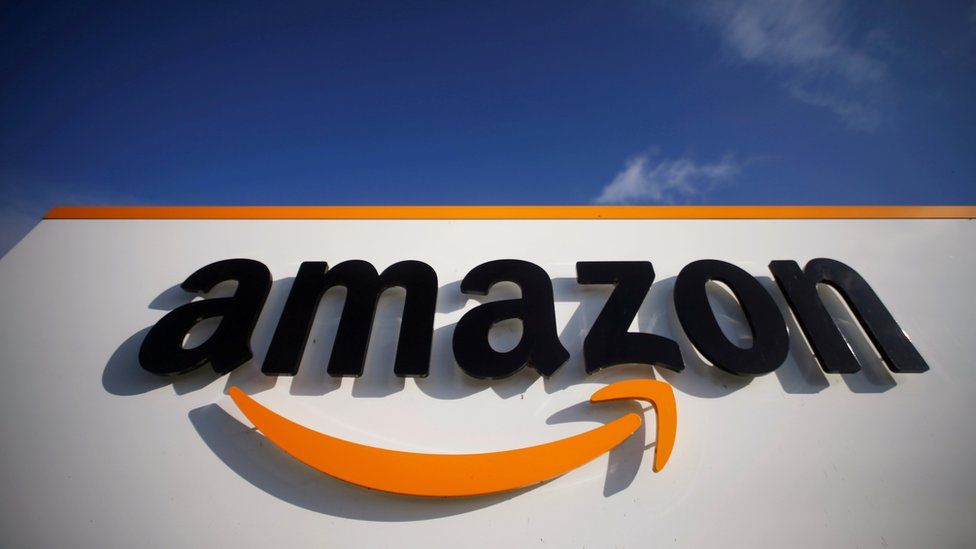WASHINGTON — Despite the most vital public support and the most sympathetic president in years, the American labor movement suffered a stinging defeat. In Bessemer, Alabama, Amazon warehouse workers overwhelmingly voted against joining the Retail, Wholesale, and Department Store Union in much-anticipated election results announced Friday. Amazon and business groups celebrated the decision, saying warehouse workers got a chance to weigh the pros and cons of union membership — and voted to reject it.

But labor activists argue that the lopsided vote shows how unfairly the odds are stacked against union organizing efforts and highlights the need for Congress to reform U.S. labor law. Last month, the House passed such legislation — the Protecting the Right to Organize (PRO) Act-but it looks likely to die in the Senate.
The Bessemer results “reveal a broken union election system,” Celine McNicholas, labor counsel at the left-leaning Economic Policy Institute, said in a statement. “It is clear that if policymakers do not reform our nation’s labor law system, they are effectively denying workers a meaningful right to a union and collective bargaining.
The retail union complained that Amazon plastered the Alabama workplace with anti-union posters and forced employees to sit through mandatory sessions in which the company disparaged the league. Labor organizers, by contrast, had to catch employees outside the warehouse gate to make their pitch. “The law gives employers far too much latitude to interfere in workers’ ability to choose to join a union. That choice should be for the workers to make, not the employers to make. The law failed the workers,” said Benjamin Sachs, a labor law professor at Harvard Law School.
Amazon supporters note that the company paid an average of $15.30 an hour — more than double the minimum wage in Alabama — and offered health care and other benefits. “Union representation is a choice for workers,” said David French, the National Retail Federation spokesman. “But many prefer opportunities in a competitive marketplace that provides strong wages and benefits.’ Randy Korgan, the International Brotherhood of Teamsters’ national director for Amazon.
Rejected that Amazon pays competitive wages when $15 an hour has become the minimum wage in some states. Korgan said he made more than $15 an hour as a warehouse worker in the early 1990s. “Using the minimum wage as the barometer is a huge mistake,” Korgan said. “This is not minimum wage work, and for any employer to pat themselves on the back and use this as a guiding post shows they don’t understand how difficult it is.
